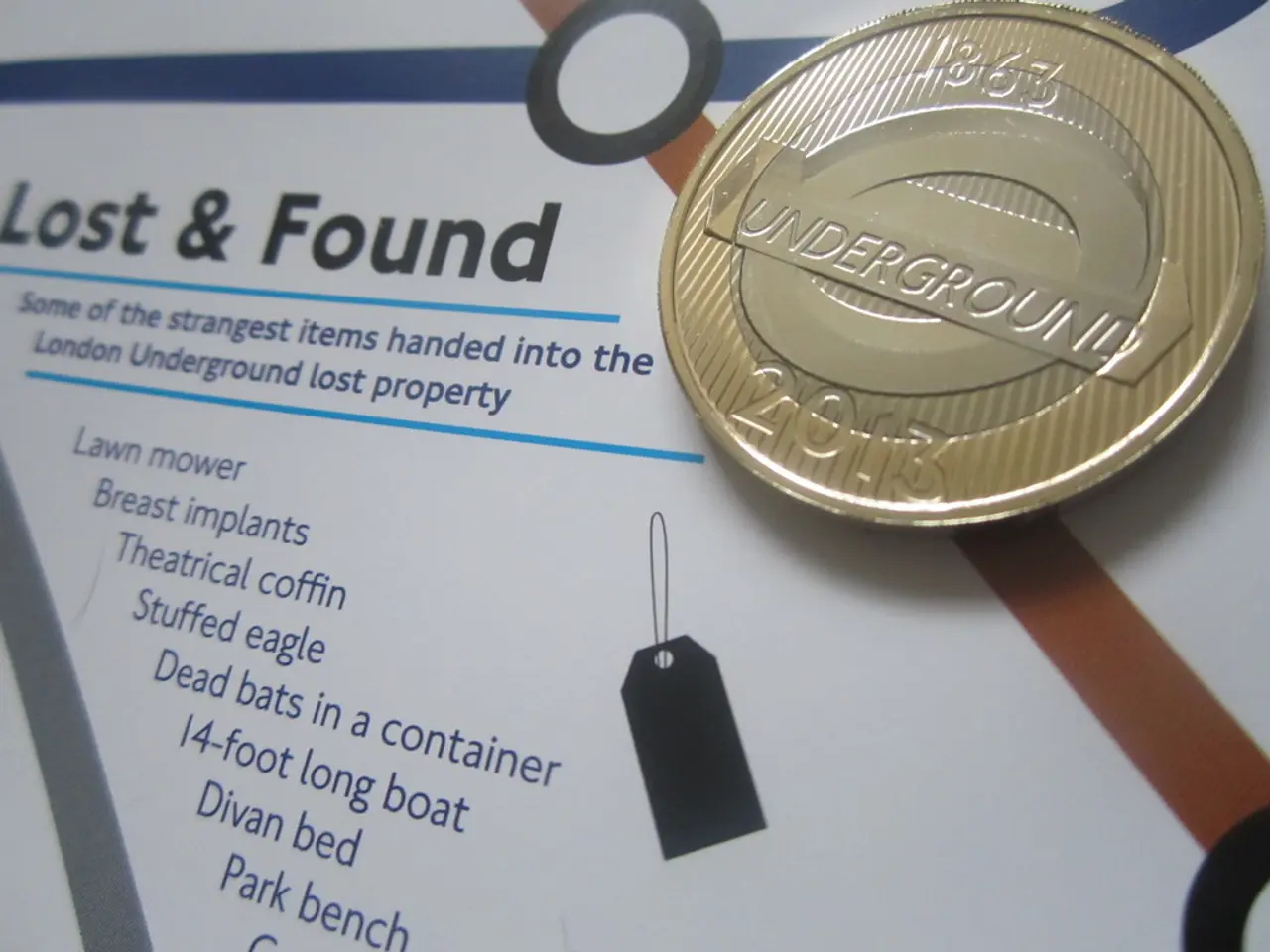Bahrain Establishes Initial Regulatory Structure for Stablecoins, Aiming for Enhanced Cryptocurrency Transparency
The Central Bank of Bahrain (CBB) has introduced a comprehensive regulatory framework for stablecoin issuance, outlined in its Stablecoin Issuance and Offering (SIO) Module. This new framework aims to foster innovation while ensuring robust consumer protection and market integrity in Bahrain’s digital asset sector.
## Key Requirements for Stablecoin Issuance
The CBB has set forth several key requirements for entities wishing to issue stablecoins in Bahrain. Only entities licensed by the CBB are permitted to do so, and unauthorized issuance is prohibited. Issuers must demonstrate a minimum paid-up capital of BHD 250,000 (Bahraini Dinar).
Stablecoins must be fully backed 1:1 by eligible fiat currencies such as the Bahraini Dinar, US Dollar, or other CBB-approved currencies. Reserves must be held in segregated, high-quality, liquid assets and undergo regular independent audits to ensure ongoing compliance with the 1:1 backing requirement.
Applicants must submit detailed governance plans, financial forecasts, IT systems architecture, and robust internal controls. Comprehensive shareholder disclosures and financial reporting are required to ensure transparency. Issuers must also comply with strict Anti-Money Laundering (AML) and Counter-Terrorist Financing (CFT) regulations and manage potential conflicts of interest. Token holders have permanent redemption rights, and the payment of interest to stablecoin holders is strictly prohibited.
## Eligibility Criteria for Stablecoin Issuance
Applicants must be licensed or obtain approval from the CBB to issue stablecoins. They must prove sufficient resources, operational maturity, and risk management capabilities. All stablecoin activities—including issuance, minting, burning, and custody—are regulated financial services under the new rules. Existing licensed entities wishing to offer stablecoin services must seek written approval from the CBB.
## A Potential Model for Other Nations
Bahrain's decision to enforce clear rules could attract credible players and bring more stability to the digital finance ecosystem. Redemption rights remain permanent for holders of stablecoins, and interest payments on stablecoins are strictly prohibited. The framework positions Bahrain as a regional hub for blockchain innovation while enforcing strong compliance measures.
Industry analysts view Bahrain's framework as a possible model for other nations, as it balances innovation with robust consumer protection and market integrity. The release of the SIO Module has been positively received by crypto firms and compliance experts. With the move aligning with efforts across the Gulf to develop compliant crypto sectors, Bahrain signals its intention to become a leading player in the fintech industry.
The Central Bank of Bahrain's (CBB) new regulatory framework for stablecoin issuance also encompasses the technology behind bitcoin, as issuers must provide detailed IT systems architecture to ensure compliance. Moreover, the CBB's framework permits only licensed entities to issue stablecoins, and this includes those involved in bitcoin technology, such as Bitcoin Mining Operations or related activities.




